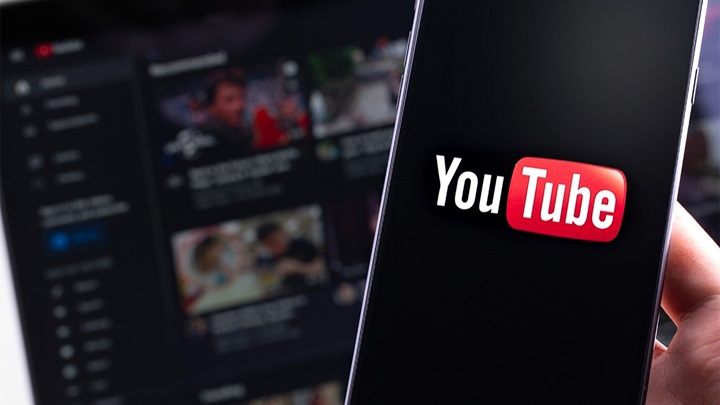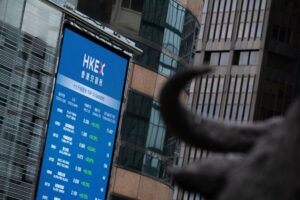In a groundbreaking move at the intersection of technology and music, YouTube has unveiled its latest tool, “Dream Track,” a revolutionary feature that allows users to create audio tracks using the voices and styles of some of today’s most iconic musicians. The collaboration includes nine musical giants, such as John Legend, Demi Lovato, T-Pain, and Sia, among others.
Dream Track operates through text-based instructions, enabling users to auto-generate short tracks of up to 30 seconds in the distinctive voice and style of their chosen artist. The tool is currently accessible to approximately 100 creators in the U.S. but is exclusively limited to YouTube Shorts, the platform’s short-form video sharing feature designed to compete with TikTok.
This ambitious launch is YouTube’s attempt to capitalize on the fusion of AI technology and music, exploring the creative possibilities it unlocks while addressing ethical and legal concerns. The platform is mindful of potential controversies surrounding the use of artists’ voices without consent, a practice that has previously faced criticism from labels and lawmakers for its resemblance to plagiarism.
In a blog post, YouTube executives expressed their commitment to a partnership-based and responsible approach to AI-generated music. Lyor Cohen, YouTube’s head of music, and Toni Reid, VP of emerging experiences and community products, emphasized that the experiment aims to deepen connections between artists, creators, and fans, ushering in a new creative era.
As a part of the launch, YouTube provided samples of AI-generated music experiments developed in collaboration with Google DeepMind. The company also featured statements from the participating artists, with John Legend expressing his enthusiasm for having a seat at the table in this emerging AI music space.
“The development of AI technology is rapidly changing the way we navigate the landscape, and I believe as artists, we need to be a part of shaping what that future looks like,” remarked Demi Lovato, highlighting the evolving role of artists in influencing the direction of technological advancements.
The unveiling of Dream Track is part of a broader suite of AI-related experiments by YouTube’s parent company, Alphabet. This move aligns with Google’s strategy to stay ahead of the curve in AI technology. The recent introduction of “Dream Screen,” allowing users to add AI-generated backgrounds or short videos to their content with a simple prompt, is another example of Google’s proactive approach in integrating AI into various platforms.
However, as AI-generated music gains popularity, it has not been without controversy. Instances like the viral song “Heart On My Sleeve,” featuring AI-generated vocals from Drake and The Weeknd, have raised copyright concerns. In April, Universal Music Group petitioned YouTube and other music-sharing sites to remove the song.
The success and reception of Dream Track will undoubtedly play a pivotal role in shaping the future landscape of AI-generated music, as YouTube treads carefully to balance innovation with ethical considerations and artistic collaboration. The platform’s commitment to creating deeper connections between artists and their fans through technology represents a unique experiment at the forefront of the evolving relationship between music and artificial intelligence.
(Source: CNBC | BBC)









